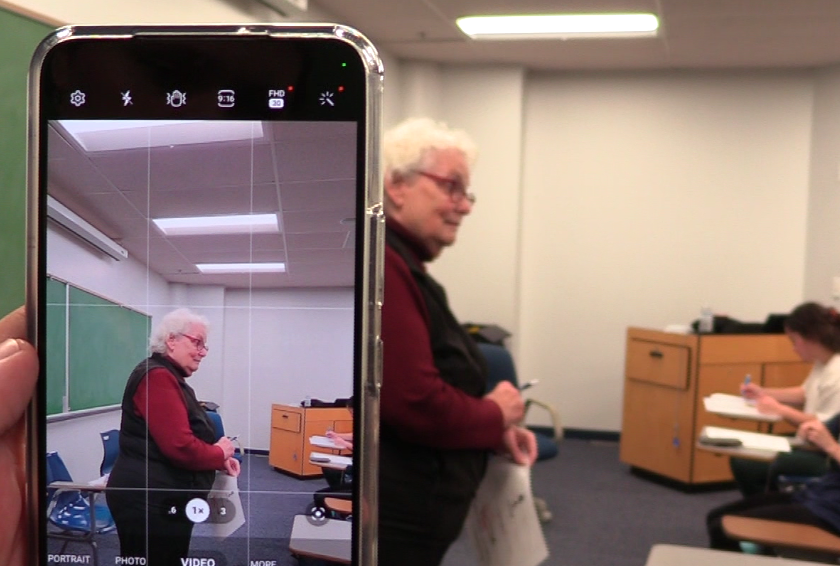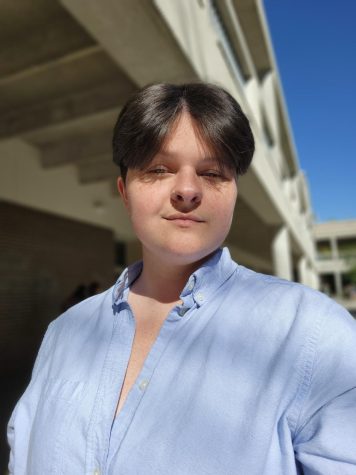The line between privacy and academic growth has blurred as students are now legally allowed to record class lectures without permission from professors. However, some University of North Florida faculty members are concerned about the privacy of their students in sensitive classes.
Florida House Bill 233 was passed in June 2021 allowing, among other things, students to record class lectures.
After the bill was passed, UNF sent a letter to faculty to clarify the new ruling and explain circumstances that may be protected from recording. In fact, professors are able to frame their classes in a way that completely prohibits recording as long as there are no lectures.
The letter defines a class lecture as “a formal or methodical oral presentation as part of a University course intended to present information or teach enrolled students about a particular subject.”

Read the letter in its entirety here.
Faculty with a course set up with seminar-style discussions may prohibit recording because it involves student discussion and potential presentations. These expectations should be clearly stated in the syllabus for students, so there is no confusion on the recording policy.
Dr. Heather Pease, a psychology professor at UNF, said that student privacy is the reasoning behind her policy.
“In the department of psychology, we often deal with difficult dialogues, and in the discussion, my primary concern now shifts to protecting the students,” she said.
Dealing with sensitive subjects is a key part of the social sciences, Dr. Pease said, and having any identifying characteristics of a student in a recording of such topics can be dangerous.
Adjunct professor Dr. Rita Brodnaz, who teaches a seminar on the neuroscience of well-being, shared similar concerns.
“I wasn’t sure what [the policies] were, but I remember the second class I looked up and one of the students was recording me,” she said. “I think that there is a certain vulnerability to learning anyway, and people should be in a safe place.”

One of the most frequently asked questions from students when the law was passed was whether they could share the lecture recording with another student who was absent from class. The ruling bars the publishing of the content without written permission from the professor of the class, which includes sharing the video.
Dr. Pease said that enforcing the rule may be extremely difficult with the current state of technology, but part of the college experience is learning integrity.
“It takes two or three clicks of your phone for you to put this video on any social media platform,” she said. “Obviously we don’t have the right to monitor what you do with your phone. I think here is where the honor system becomes much more important and emphasizing the fact that part of an education is learning to have integrity.”
When making the decision whether to record classes, be aware of the professor’s policy, make sure that the content is a class lecture and do not share the recording with anyone.
To learn more, visit the Student Code of Conduct.
___
For more information or news tips, or if you see an error in this story or have any compliments or concerns, contact editor@unfspinnaker.com.
















